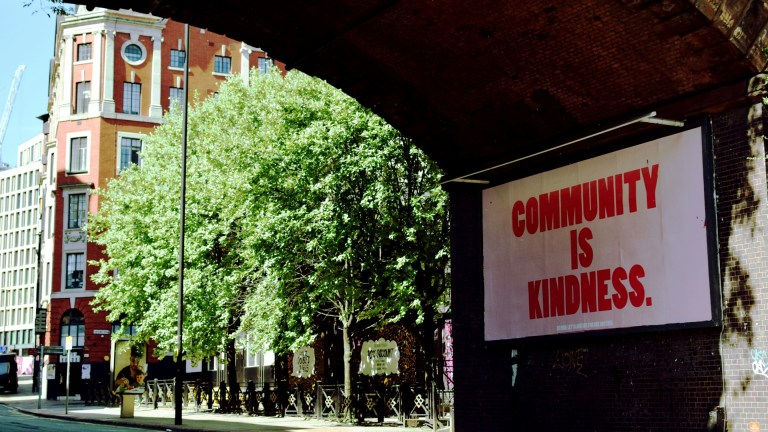It’s a real challenge to get a film made, especially if you’re not making a sequel, a film from a comic book or a title that’s a massive bestseller. There was a period of time where if you were established, your name and the cast you could pull together could make a package that was very easy to find funding for.
Film-makers have to work harder and run a real gauntlet to get a film that they care about made. In an odd way I think it’s benefiting the audience. When films do get made they reflect an extra measure of passion, more so than five or six years ago.
A film like Rush was a tremendous challenge to get made because it was not overtly easy to market. We wound up doing pretty well with it, the reviewers really got behind us and the audiences showed up, unlike a film like Frost/Nixon, which had the critics but never generated much interest at the box office. I’m equally proud of both.
In the Heart of the Sea is based on the real events that inspired Herman Melville to write Moby-Dick. The Essex was sunk by a sperm whale in the Pacific. Melville’s story ended with the attack, while our attack is in the middle, once you get to know the characters and this really dramatic survival story follows. It’s a little like Apollo 13 – crisis in a deadly life-threatening environment, and what does it take to get home?
I wouldn’t be able to approach this film in an authentic, immersive, experiential way without digital technology. For a while, 3D was almost a cheap visual gimmick. No longer is the thinking, ‘Put it out on 3D and it’ll make a lot more money’, that doesn’t hold any more. Audiences are becoming more discerning.
It’s not about studios or distribution systems, it is really about us, the consumers
But 3D itself is growing, getting better and more interesting. Holographic film is something in our future. No timetable on that, no one knows what that will mean or what the theatrical format will be but it’s definitely going to happen. The technology is there and lots of different companies are working on it.










